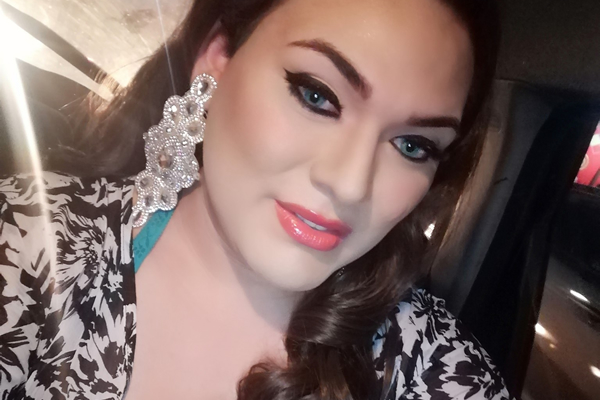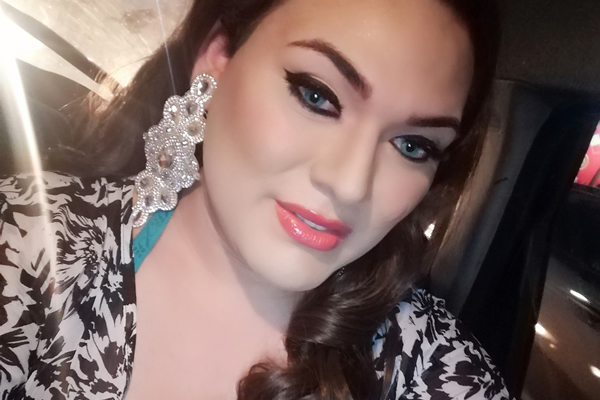

Editor’s note: The Los Angeles Blade published a Spanish version of this story on April 30.
SAN MIGUEL, El Salvador — A gunshot to the back on April 24 cost Zashy Zuley del Cid her life.
The murder took place while she was working in an area in the city of San Miguel in which sex workers gather, according to the information that COMCAVIS Trans shared with the Blade. This fact outraged the organization, which is based in the Salvadoran capital, and Colectivo Perlas de Oriente leaders with whom del Cid was working.
COMCAVIS Trans, for its part, issued a statement in which it stressed LGBTQ people in El Salvador should enjoy the right to life, integrity and personal security.
“We suffer attacks for the simple fact of having a different sexual orientation or gender identity, which each person expresses with different patterns and gender roles,” COMCAVIS Trans Executive Director Bianca Rodríguez told the Blade.
“Zashy is one more victim of that prejudice and hatred of which we are victims,” said Rodríguez, recalling del Cid’s work as a grassroots activist in San Miguel that she had been doing since 2017. “We do not want violence to continue against LGBT people, and it is for that reason we have made the corresponding call to the appropriate authorities to be diligent with investigations and (for us) to be recognized as citizens with equal rights and guarantees.”
The U.N. Refugee Agency (UNHCR) has also condemned del Cid’s murder.
UNHCR in an article it published explained that it, along with COMCAVIS Trans, in 2020 provided del Cid with assistance and housing after criminal elements forcibly displaced her from her home. Del Cid was enrolled in a training program for entrepreneurs and both organizations were giving her support from the framework of protection and protecting the livelihoods of internally displaced people in the country.
Del Cid would have been able to work in a beauty salon in order to support herself.
Community leaders in San Miguel were more united during del Cid’s wake that lasted two days, but Rodríguez told the Blade the fact her family buried her with a masculine gender expression upset them.
“That process was difficult because the family did not want any LGBT people to attend, but a relative eventually allowed Colectivo Perlas de Oriente to attend,” Rodríguez added.
“It is a reprehensible fact, especially because the police have not conducted a credible investigation of the case,” she added. “It is worrying because the prosecutors didn’t even know the victim’s name.”
COMCAVIS Trans figures indicate more than 600 LGBTQ people have been reported killed in El Salvador since 1993.
Statistics also indicate 151 LGBTQ people between 2018 and September 2019 said they were forcibly displaced from their homes. Trans women account for 67.5 percent of these cases, while gay men account for 17.2 percent.
Del Cid’s colleagues will remember her as a woman who was committed to bettering herself with a business through which she could help other trans women get a job, but they will not forget their fear that her case will be another one in El Salvador that will be forgotten forever. That is why LGBTQ organizations will continue to call upon the appropriate Salvadoran authorities to investigate and bring justice for LGBTQ victims of violence.